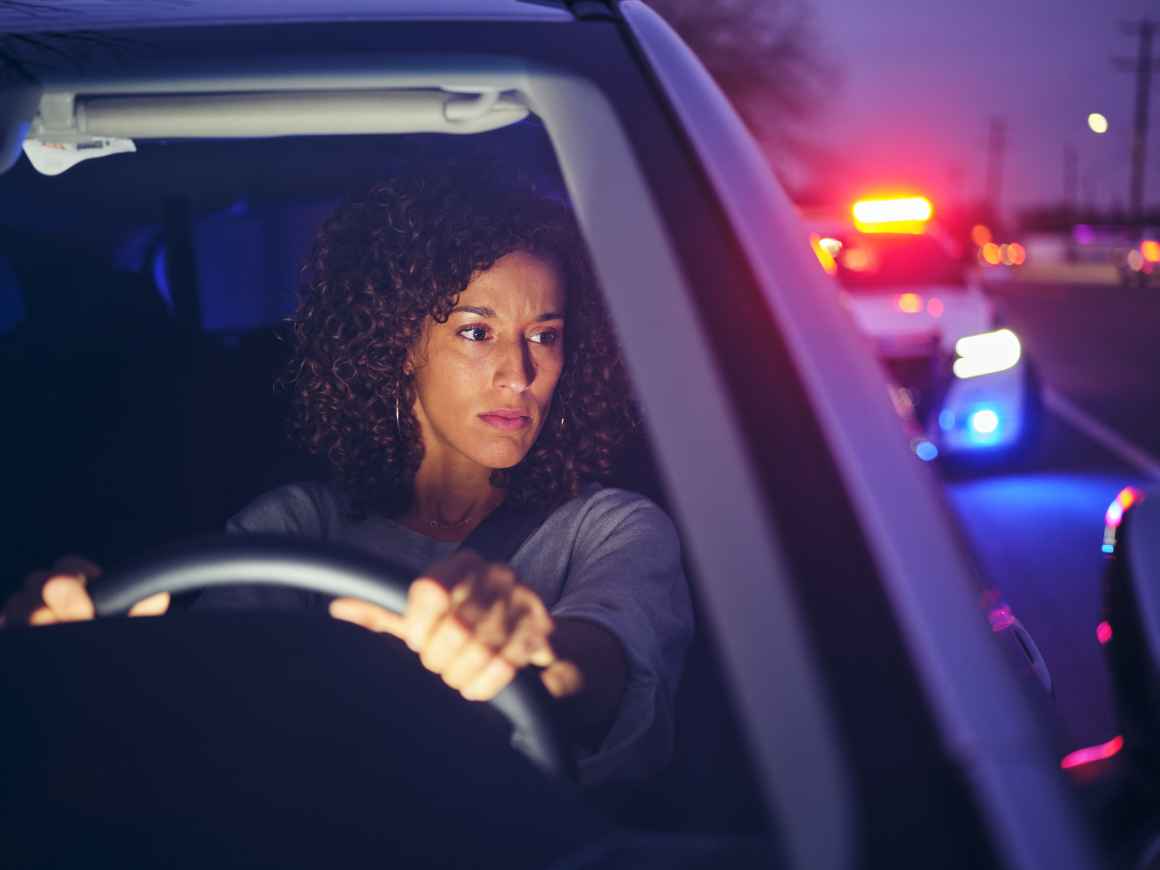
The ACLU works in courts, legislatures and communities to defend and preserve individual rights and freedoms that the United States Constitution and laws guarantee every person in this country.
POLICE VIOLATED MY RIGHTS
- When you can, write down everything you remember, including officers’ names, their badge and patrol car numbers, which agency they represent and any other details that might be important. Ask witnesses for their contact information.
- Consider filing a written complaint with the agency’s internal affairs division or civilian complaint board. In some cases, you can file a complaint anonymously.
- If you’re injured, seek medical attention immediately. Take photographs of your injuries and document your pain symptoms.
- To request legal assistance from the ACLU-SDIC, call us at 619-232-2121 or email us at info@aclu-sdic.org.
DO’S & DON’TS: Witnessing Police Abuse of Power
If you are witnessing abuse by police:
- DO know when you are lawfully present in any public space, you have the right to record anything in plain view, including federal buildings and the police. (On private property, the owner may set rules about photography or video.)
- DO stay at a safe distance and, if possible, record what is happening. As long as you do not interfere with what the officers are doing and are not close enough to obstruct their movements, you have the right to observe and record events that are plainly visible in public spaces.
- DO know that taking photos and videos is your First Amendment right. If police order you to stop recording, you can choose to calmly tell them that you do not consent and remind them that you are exercising your First Amendment right. Refusing may lead to an unlawful arrest, so you will need to weigh the personal risks (including the risk that police may search you upon arrest) against the value of continuing to record.
- DO know that police may order you to cease activities, including photography, if you are truly interfering with legitimate law enforcement operations.
- DO know that police may not confiscate or demand to view your photos or videos without a warrant, unless there are exigent circumstances, or you have a Fourth Amendment waiver. Police may not delete your photos or videos under any circumstances.
- DO write down everything you remember, including officers’ names, their badge and patrol car numbers, which agency they represent, how many officers were present, any weapons used (including less-lethal weapons such as tasers or batons), and any injuries suffered by the person stopped. You can choose to speak to the victim after police leave to provide them with your contact information.
- DON’T violate any laws while recording, such as trespassing.

DO’S & DON’TS: Searches
Police must at least have a reasonable suspicion (excluding Fourth Amendment waivers) to legally search you. Police may pat down your outer clothing only. They may not squeeze or reach into your pockets unless they believe they feel a weapon or contraband. They may broaden their search if they have probable cause for believing that you committed a crime.
If you are searched:
- DO make sure the officer knows you do not agree to be searched (they might search you anyway, but calmly and safely make your opposition known). Say, “I do not consent to a search.”
- DON’T run, physically resist or fight back. Avoid reaching suddenly for any items, emptying your pockets or reaching towards your waistband as the officer approaches.
DO’S & DON’TS: Arrests
Police must have probable cause to arrest you.
If you are arrested:
- DO say, “I want to remain silent,” and clearly state, “I want to talk to a lawyer.”
- DO exercise your right to make free phone calls.
- DON’T give any explanations or excuses or tell police anything except for your name and basic identifying information. Don’t say or sign anything or make any decisions without a lawyer.
- DON’T talk about your case on the phone with anyone but your lawyer. The police may listen to all calls except for those you make to your lawyer.
- DO write down everything you remember, including officers’ names, their badge and patrol car numbers, which agency they represent, how many officers were present, any weapons used (including less-lethal weapons such as tasers or batons), and any injuries suffered by the person stopped. You can choose to speak to the victim after police leave to provide them with your contact information.
- DON’T violate any laws while recording, such as trespassing.
DO’S & DON’TS: Searches
Police must at least have a reasonable suspicion (excluding Fourth Amendment waivers) to legally search you. Police may pat down your outer clothing only. They may not squeeze or reach into your pockets unless they believe they feel a weapon or contraband. They may broaden their search if they have probable cause for believing that you committed a crime.
If you are searched:
- DO make sure the officer knows you do not agree to be searched (they might search you anyway, but calmly and safely make your opposition known). Say, “I do not consent to a search.”
- DON’T run, physically resist or fight back. Avoid reaching suddenly for any items, emptying your pockets or reaching towards your waistband as the officer approaches.
DO’S & DON’TS: Arrests
Police must have probable cause to arrest you.
If you are arrested:
- DO say, “I want to remain silent,” and clearly state, “I want to talk to a lawyer.”
- DO exercise your right to make free phone calls.
- DON’T give any explanations or excuses or tell police anything except for your name and basic identifying information. Don’t say or sign anything or make any decisions without a lawyer.
- DON’T talk about your case on the phone with anyone but your lawyer. The police may listen to all calls except for those you make to your lawyer.